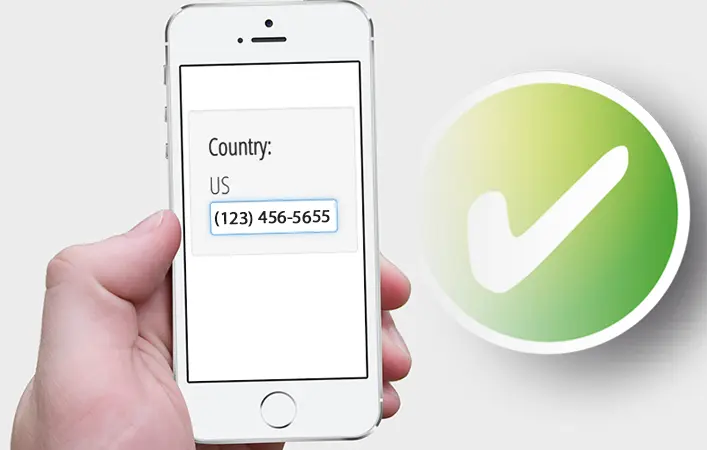In an era where digital communication plays a pivotal role in our personal and professional lives, ensuring the integrity and security of user information is of paramount importance. Phone number verification utilities have emerged as essential tools for businesses and individuals alike, providing a reliable method to authenticate identities and enhance communication efficacy. This technology is not only vital in onboarding new users but also in maintaining trust and safety within platforms that rely on user engagement.
By validating phone numbers, organizations can reduce the risk of fraudulent activities, streamline processes, and foster a safer online environment. The utility benefits various sectors, from e-commerce and social media to banking and healthcare, by enabling secure transactions and safeguarding sensitive data. As we delve into the nuances of phone number verification, we will explore its functionalities, the technologies behind it, and the transformative impact it has on modern communication strategies.
Enhancing Security and User Experience
Phone number verification utilities significantly bolster security protocols by ensuring that every user engaging with a platform is who they claim to be. This step is crucial in mitigating the risks associated with identity theft and fraudulent activities, particularly in sectors like e-commerce and finance, where trust is integral to customer relationships. Organizations employing these verification tools can create a smoother onboarding experience, reducing friction and enhancing user satisfaction while maintaining high security standards. The implementation of a Real-time phone number verification utility can further optimize this process, providing instant feedback on the validity of a number and enabling companies to focus on high-quality user interactions.

Technological Foundations and Applications
The technology behind phone number verification comprises algorithms and databases that cross-check inputted numbers against various data sources, thereby confirming their authenticity. This process not only facilitates accurate user identity validation but also plays a vital role in preventing spam and unwanted communications. Industries that heavily depend on user engagement, such as social media and telecommunications, benefit immensely from this technology. By integrating phone number verification into their platforms, businesses can foster a more trustworthy environment that encourages active participation while safeguarding their users’ personal information.
In conclusion, as digital landscapes continue to evolve, the significance of phone number verification utilities cannot be overstated. They serve as a cornerstone for ensuring user authenticity, enhancing security, and improving the overall user experience across various industries. By leveraging advanced algorithms and comprehensive databases, these utilities provide real-time validation, which is essential in a world where trust is increasingly fragile. Moreover, they mitigate risks associated with fraud and identity theft, making online interactions safer and more reliable. As businesses and consumers alike navigate the complexities of digital communication, the adoption of robust phone number verification systems will undoubtedly play a critical role in building secure, engaging, and trustworthy online environments for all.



